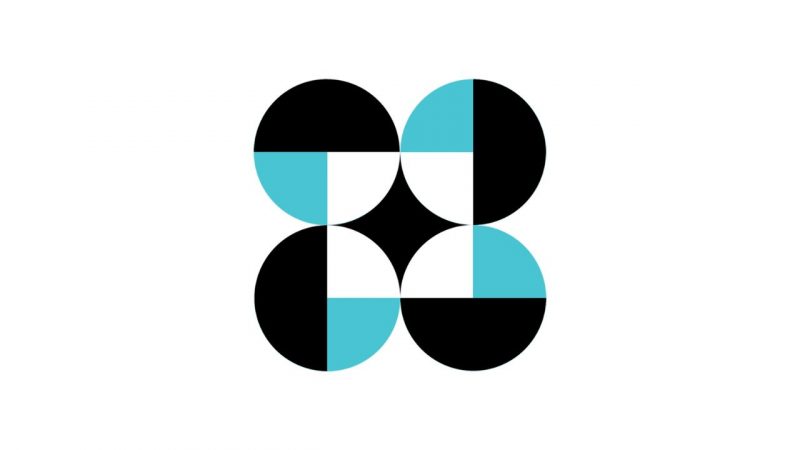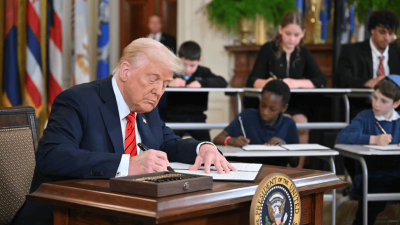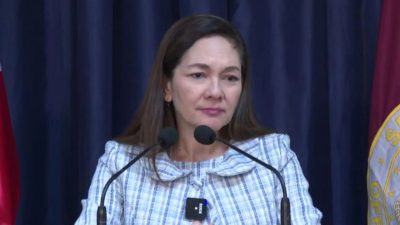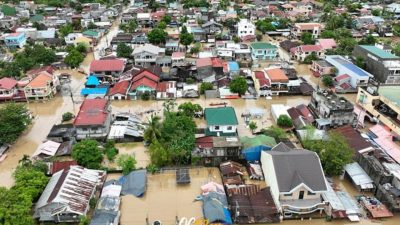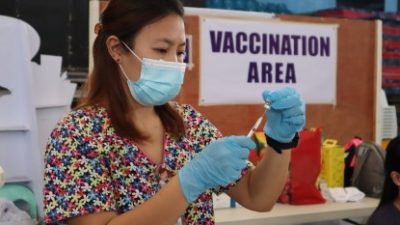By Liza Soriano
ISABELA — The Department of Science and Technology (DOST), in collaboration with Isabela State University (ISU), has successfully introduced a new herd of goat kids, born through Embryo Transfer (ET) technology here.
The five goat kids were produced using semen from a purebred Boer buck and egg cells from three dams with bloodlines comprising 50% Boer, 25% Anglo Nubian, and 25% native goats.
Under the guidance of DOST Balik Scientist Dr. Miguel Mervin Pajate, the ISU project team set up the laboratory for laparoscopic ET. The successful pregnancies of the surrogate dams were monitored by a team led by Dr. Jonathan N. Nayga of ISU.
ET is a technique where embryos are collected from a superior donor female and transferred to a surrogate dam for the remainder of the pregnancy. Its primary advantage is the increased number of offspring generated from each female.
“Through embryo transfer technology, the Philippines can harness the economic and nutritional benefits of a robust goat industry,” said DOST Secretary Renato U. Solidum, Jr.
“The goat industry presents a viable business opportunity for local entrepreneurs, requiring minimal upkeep and low investment costs. With embryo transfer, we have the chance to improve the health and productivity of our local livestock.”
To date, the ISU project team has completed three trials. The first was conducted in February 2023, with kids born in June 2023; the second in October 2023, with kids born in February 2024; and the most recent in November 2023, with kids born in March 2024.
ia/mnm

